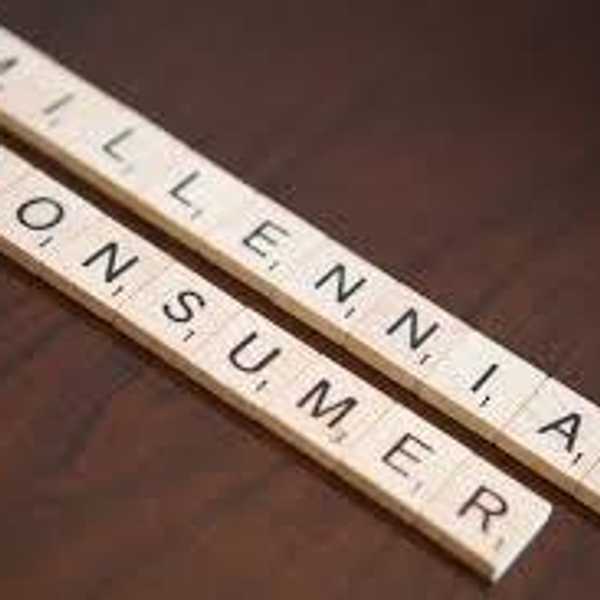“Millennial” is the term given to those born between the years 1980-2000. Odds are, if you are reading this article, you are a Millennial. The majority of this generation has already entered the workforce or will enter it in the next few years. One of the most discerning and predominant factors of the Millennial generation is their acceptance of others. The last few years have seen an increase in campaigns promoting body confidence and individuality. So what does this revolution in tolerance mean for the future of professionalism?
Take the founder of Facebook, Mark Zuckerberg, for example. His frequent outfit of choice is a hoodie and jeans. Many have criticized his choice of workplace dress. However, it's increasingly common for companies run by younger generations to not have an implemented dress code. Most feel that this allows for more creativity and better work. But it worries many older professionals. These professionals of a different generation fear that the lack of professional dress will deter potential clients from doing business with their companies.
Besides casual dress, the increasing prominence of tattoos and piercings has become a topic of discussion among many employers. The overarching belief of younger generations is that tattoos and piercings allow people to showcase their individuality, as a form of self-expression. According to a report in the "Journal of the American Academy of Dermatology," almost 25 percent of Americans between the ages of 18 and 50 have at least one tattoo, and one in seven has at least one body piercing (Goldner). Many employers allow tattoos and piercings in the workplace, as long as they are appropriate or hidden.
But some feel that they have been discriminated against for their choice of piercings or tattoos. More often than not, this supposed discrimination comes from an older employer. In a 2013 survey of human resource professionals by York College, respondents were asked to rate the importance of appearance in the hiring process on a scale of one to five. 81 percent of those surveyed rated appearance as a four or a five. When asked to how much appearance affected their perception of a candidate’s competence, 57 percent answered with a four or a five. However, the younger the respondent was, the less they associated appearance with competence (Butzler).
When looking around at yourself and your peers, I’m sure you’ll notice many people with multiple piercings or a tattoo here or there. I myself have numerous ear piercings. I'm fine with an employer asking for a worker to cover up their tattoos or piercings if they are deemed 'unprofessional'- but as Millennials take over the workforce, the practice of strict dress codes might become obsolete. I have yet to enter the professional workplace, but I hope that when I do, my choice of self-expression will not limit my job opportunities.
Works Referenced:
Butzler, Zach. "Millennials and the Future of Professionalism." Blog RSS. Executive Speaking Inc., 2 Apr. 2015. Web. 1 Aug. 2015.
Goldner, Harold M. "You’re Going to Wear That? Appearance in the Workplace." You’re Going to Wear That? Appearance in the Workplace. GPSOLO, 2010. Web. 1 Aug. 2015





















